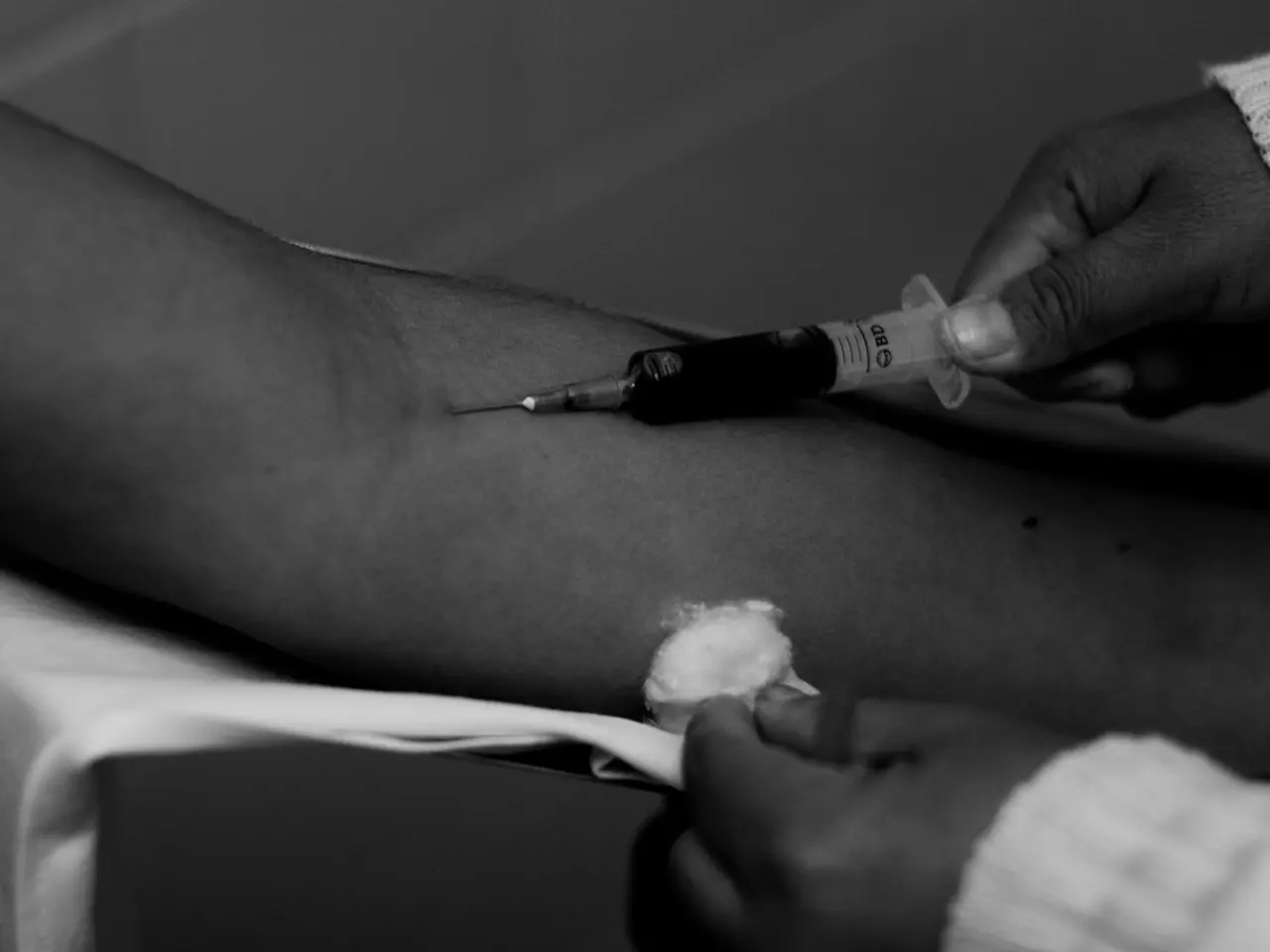DNV granted status as authorised body for IVDR certification
The European Union (EU) market is a significant target for manufacturers of in vitro diagnostic (IVD) devices, as it requires IVD Regulation (IVDR) certification for most devices to be sold. DNV, an independent assurance and risk management provider, has been recognized by the European Commission as a notified body for the certification of devices under the IVDR.
The IVDR, introduced in 2017, replaces the In Vitro Diagnostic Directive 98/79/EC (IVDD). The new regulation introduces a more complex, risk-based regulatory framework with extended deadlines for legacy devices, increased involvement of Notified Bodies, enhanced post-market controls, and broader coverage including software and lab-developed tests (LDTs).
Key changes and requirements for IVDR certification include stricter classification and Notified Body involvement, more rigorous and detailed requirements, phased transition deadlines based on risk class for legacy devices, enhanced post-market surveillance and vigilance requirements, specific provisions for software and LDTs, and consultation required for Companion Diagnostics (CDx).
Under the new risk-based classification system, approximately 80–90% of devices now require certification by a Notified Body, except for self-certification allowed only for non-sterile Class A devices. The safety and effectiveness of IVD devices are crucial to public and personal health, and the IVDR imposes significantly tougher demands in various areas, including technical documentation, product performance evaluation, clinical evidence, and quality management systems (QMS).
DNV's digital platform allows manufacturers to manage certification documents online and track compliance status in real time. The company's global team of auditors, technical assessors, and clinicians are ideally positioned to deliver efficient IVD device certification. DNV offers extensive expertise and technical competence in IVD device certification, and its digital process is designed to help more device manufacturers access the EU market.
Manufacturers must prepare for thorough technical and QMS assessments, meet tighter clinical evidence standards, and comply with new reporting and certification procedures to maintain market access in the EU. Devices are classified according to their risk to public and personal health, with Class D devices requiring IVDR certification from May 2025, Class C from May 2026, and Class B from May 2027.
DNV's designation as an IVDR notified body brings greater capacity to the certification market, helping more device manufacturers access the EU market. The company's digital process aims to reduce risks and help manufacturers get to market faster. Cecilie Gudesen Torp, DNV's Global Director for Medical Services, Supply Chain & Product Assurance, is looking forward to working with manufacturers of all classes of IVD devices.
In vitro diagnostics (IVDs) are tests used to determine a person's health status and range from pregnancy and cholesterol tests to HIV screening, COVID-19 tests, and cancer marker detection. The EU market presents a significant opportunity for IVD device manufacturers, and DNV's digital certification process provides a streamlined solution for navigating the complex IVDR regulatory landscape.
- The IVDR regulation, with its emphasis on medical devices like in vitro diagnostic (IVD) devices, signifies a crucial intersection between science and health-and-wellness, as it aims to ensure the safety and effectiveness of these devices to manage various medical-conditions.
- DNV, recognized as a notified body for IVDR certification, utilizes its digital platform to streamline the process for manufacturers, helping them comply with the complex regulatory framework and reach the vast EU market, thereby contributing significantly to the medical devices industry.




